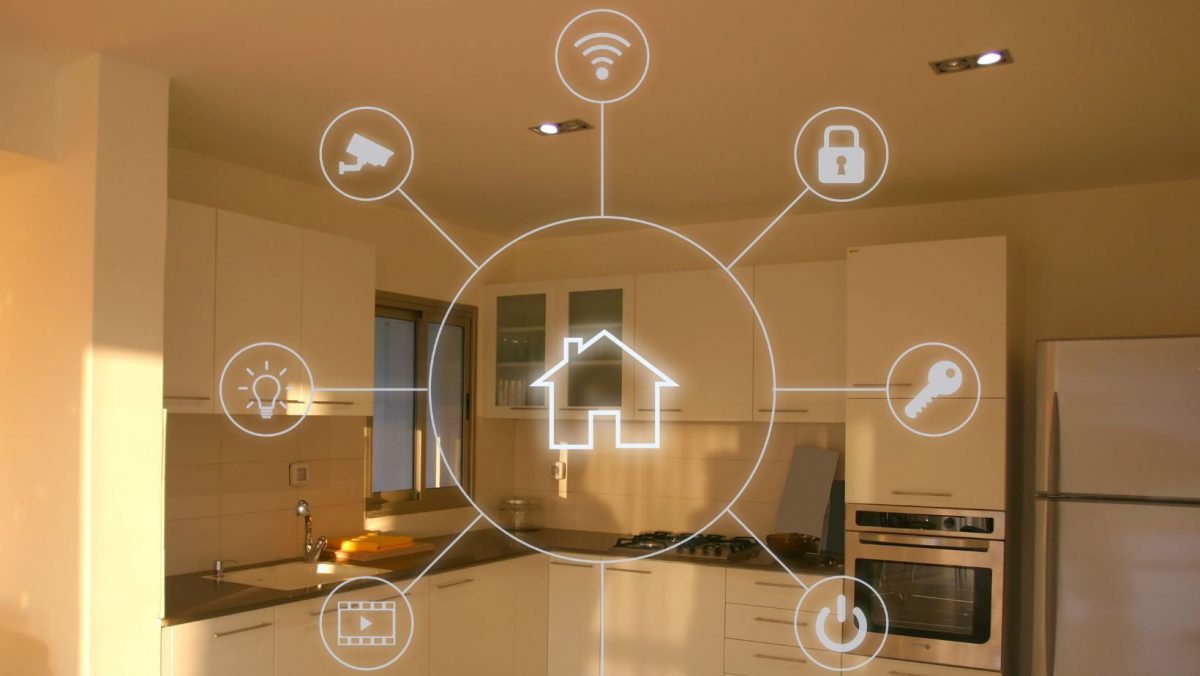I think we all know that we should install trusted anti-virus software, use strong passwords and multi-factor authentication, as well as back up data regularly so that it remains safe in case of things like power loss, computer crashes, fire, flood, break-ins, hacking and malware; but there are other things you can do to keep your data safe…
Deleting files is one of them. As important as backup is to keep your private data securely saved, permanently deleting any personal information that is no longer needed is wise as well. Why risk it or take up valuable space with unnecessary sensitive files?
If you do decide to delete needless high risk data, you may also want to consider having a specialist wipe your system clean. Of course, also make certain those files are not also saved to your laptop, phone or other devices.
Limit access to those who need it, and when sharing data, make sure that you have closed anything you don’t intend to share.
Be wary of suspicious emails and public Wi-Fi connections which could place your data at risk. If you do decide to use a public network, consider employing a secure virtual private network (VPN). There are also free programs available which can encrypt your files, flash drives and even entire hard drives.
Plus, when in doubt, let Computer “A” Services figure it out! Voted Star of the South by Daytona Beach News Journal readers, Computer “A” Services is staffed with computer experts who specialize in data protection.


